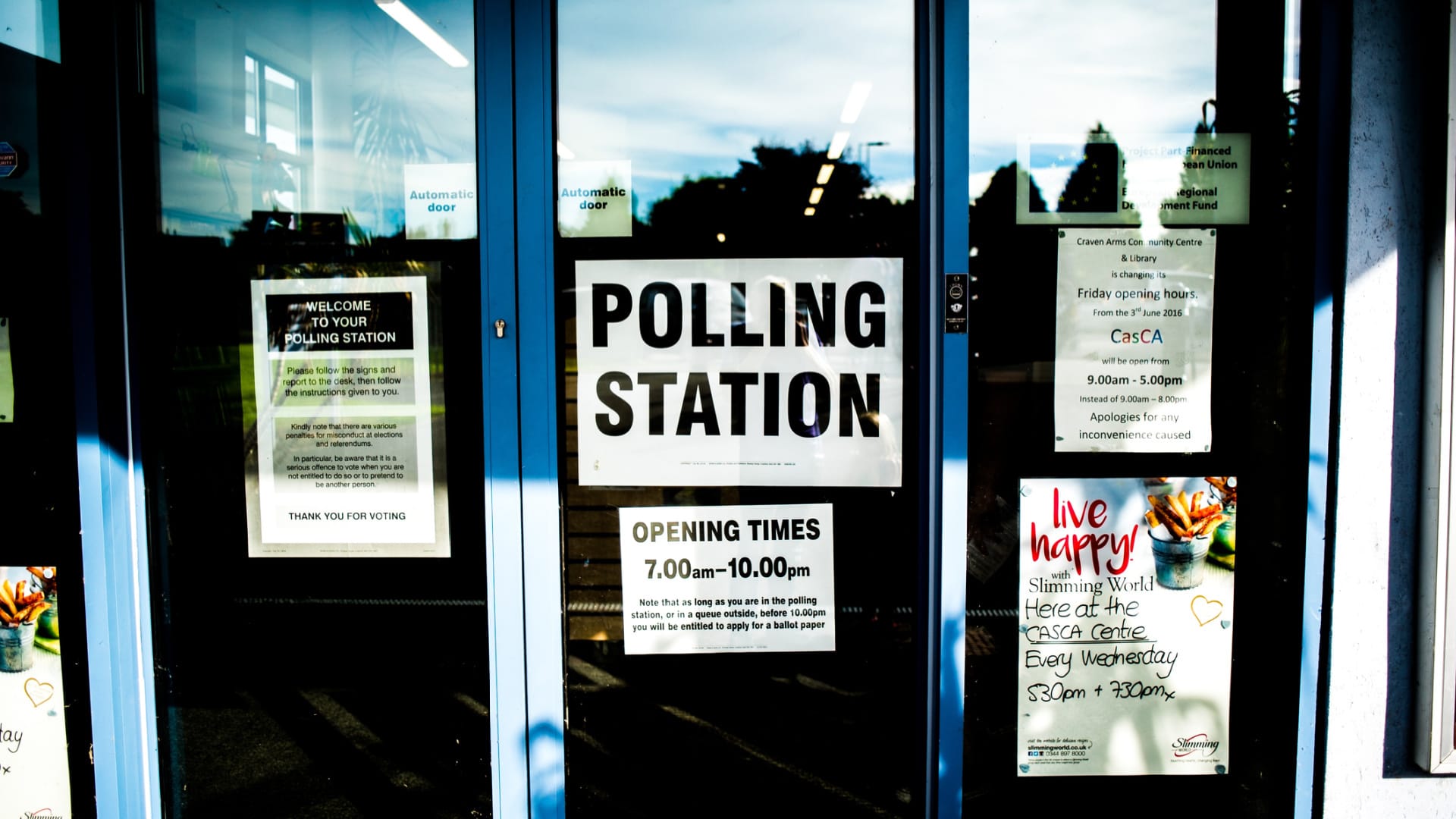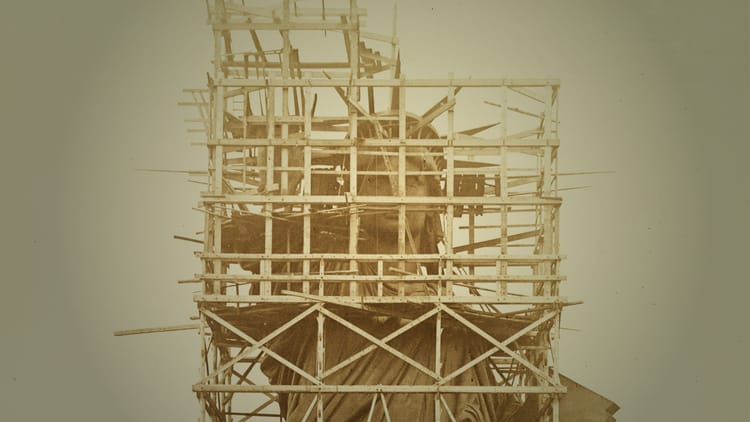Year of the ballot

Over half the planet’s population will be able to vote in elections in 2024, a year with a record high of more than 80 local and national polls scheduled. Seven of the 10 most populous countries in the world, including India, the United States, Indonesia, and Russia will hold national elections. States as disparate as Iran, Mexico, Pakistan, South Africa, and the United Kingdom will join them. And in June, every European Union member country will elect its representatives to the European Parliament.
Some of the countries holding elections this year aren’t democracies. Many others face serious threats to their democratic institutions, mainly from authoritarian populists invested in undermining the rule of law. The former U.S. president Donald Trump, for example, leads the incumbent Joe Biden in several recent polls—despite Trump’s attempt to overturn his loss in the 2020 election and the 91 felony charges he’ll soon face in four court cases. So what do all these elections, and all the people voting in them, say about the state of democracy globally?
Steven Levitsky is a professor of government at Harvard University and the co-author of the 2018 book How Democracies Die. Levitsky says this year’s extraordinary numbers of voters and elections are less important than the fundamental reality that—despite all the focus on democratic breakdowns among activists, journalists, and even scholars—democracy worldwide remains surprisingly stable.
Populist authoritarians continue trying to undermine democratic institutions, but in recent decades, very few countries have turned from democracies into stable autocracies—even as events like the Great Recession or the Covid pandemic provoked voters’ anger at their governments. As Levitsky sees it, growing economic prosperity over generations has helped create democratic opposition movements and broad middle classes capable of resisting the ambitions of aspiring dictators.
Still, Levitsky says, the resilience of democracy in the United States, the world’s most powerful country and oldest continuous democracy, remains an uncertain question—less because Donald Trump might win November’s presidential election and more because the country is now caught in a cycle of crises it will struggle to emerge from …
Michael Bluhm: What do you make of the unprecedented number of people voting in such an unprecedented number of national elections this year?






